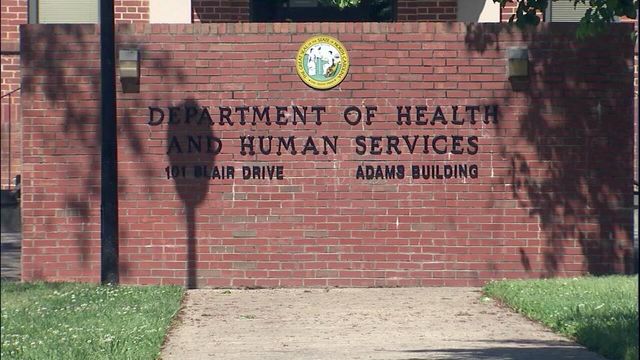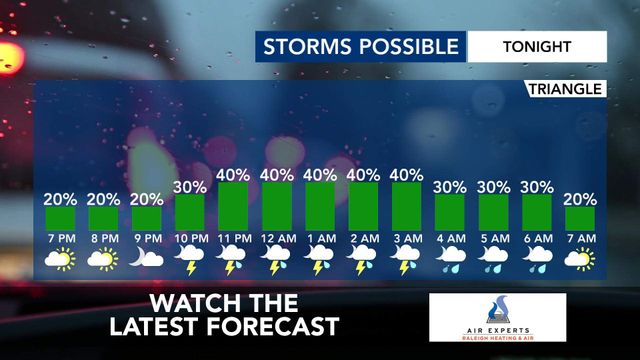Cases remain in queue, but DHHS says food stamp deadline met
State officials said Tuesday that they have erased all but 375 cases from a backlog of food stamp applications the imperiled federal funding to run the program.
The U.S. Department of Agriculture threatened to pull $88 million in administrative funding if the state couldn't get a handle on continuing delays that left some needy North Carolina families without food stamps for months.
The state Department of Health and Human Services had a Monday deadline to clear the application backlog. Deputy Secretary Sherry Bradsher said officials are confident that the USDA will approve of the state's actions, even though some applications remain in the queue.
"We think we're in a really good place," Bradsher said. "One hundred percent (compliance) is obviously a great place to be, but you're going to have a case here and there that need some extra time to resolve."
Officials won't receive formal notice from the USDA for a few days.
More than half of the pending applications – 195 – are cases in Guilford County that haven't even been entered into NC FAST, the state's benefits management system. The county notified DHHS officials last week that they had about 8,100 cases that needed to be processed, and a mix of county and state workers and outside contractors worked overtime in recent days to handle the bulk of them.
Bradsher said DHHS is in contact with social services offices in all 100 counties, and officials don't expect any similar surprises going forward.
With the USDA deadline behind them, DHHS officials plan to work with counties to determine the staffing needs of their social services offices to keep up with the influx of food stamp and Medicaid applications. The former grew by 55 percent over the last five years, while the Affordable Care Act has created a spike in people seeking Medicaid coverage.
"There has got to be some recognition that our caseloads have grown tremendously over the past few years," Bradsher said. "Staffing did not keep pace."
As workers were shifted to handle food stamp cases before USDA deadlines in February and again Monday, Medicaid applications were left piling up, and there are now about 81,000 statewide that have been delayed by at least 90 days.
The state cannot force counties to hire workers, but she said county officials are just as interested as DHHS in ensuring that people receive the social services they need. The Wake County Board of Commissioners, for example, voted in February to add 36 people to its social services staff to meet its growing needs.
Although NC FAST continues to be plagued by technical problems a year after it was implemented statewide – it was offline Sunday and working poorly Monday as state and county workers struggled to clear the backlog – the state is pressing forward with shifting the management of Medicaid and other social services over to it.
"The system has to be a reliable system, so slowness is a problem, and it's got to be addressed," Bradsher said.
Federal officials have given DHHS a waiver to continue re-certifying people's Medicaid eligibility under old rules in the state's old computer system through the end of the year until county workers become more comfortable with both applying rules adopted under the Affordable Care Act and putting the information in NC FAST.
"Change is hard, and it's hard on all levels," Bradsher said. "Trying to change at a time when caseloads are at all-time highs is challenging."












